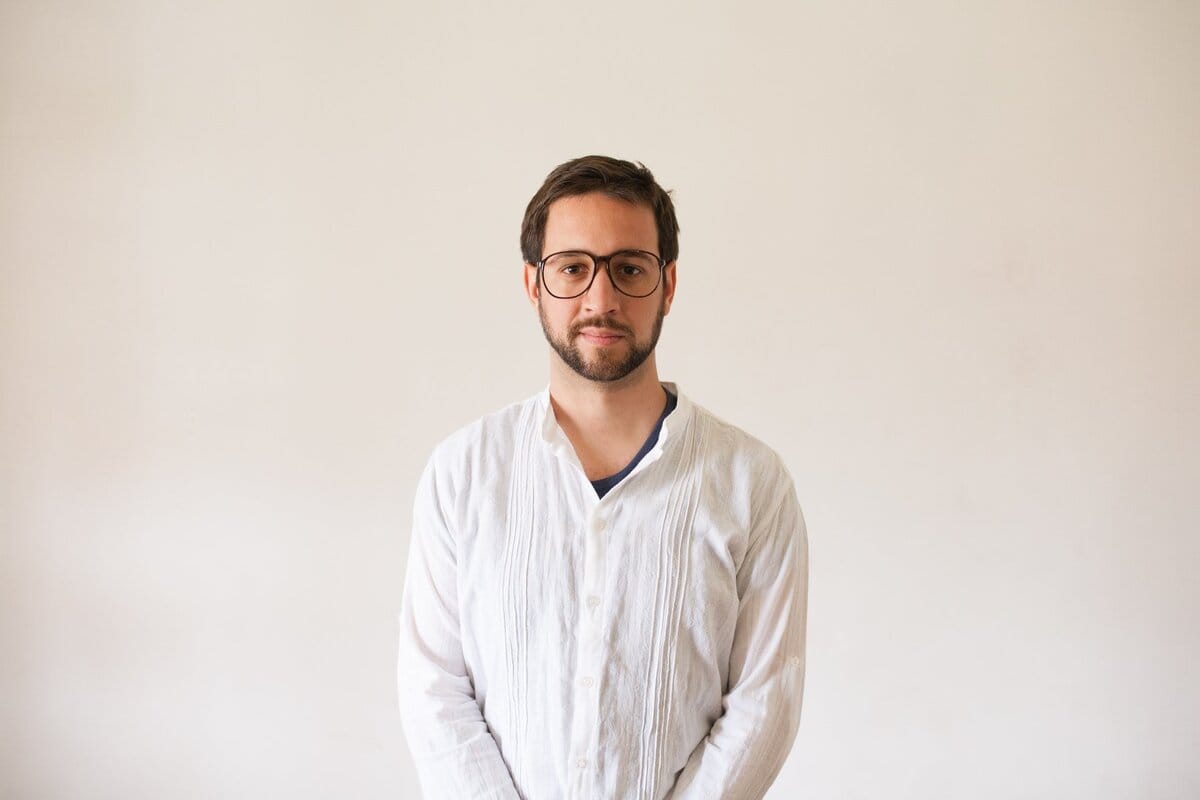
Societal deafness is on the rise. An AI-generated image with Dall-E
Imagine the chilling silence of Fredric Brown’s story:
“The last man on Earth sat alone in a room. There was a knock at the door…”
That’s the world’s shortest horror story, written in 1948 (perhaps inspired by nuclear war?). But let’s make it more terrifying. What if you couldn’t even hear that knock?
It’s even worse, and that’s the path we’re on as a society. The world is slowly but steadily going deaf.
Right now, 1 in every 5 people has hearing loss in at least one ear. This translates into 1.5 billion people worldwide. But if the world keeps raising the volume, it will get to 1 in every 4 people in just a couple of decades, or 2.5 billion worldwide, according to the WHO.
The world will become quieter, but not because of less audio contamination. We’re drowning in noise, and it’s overwhelming us.
Here are some of the noisiest cities in the world:
Mumbai (India): An article in the Mumbai Mirror claims that Mumbai “is unfit for living, at least on the cacophony front.” In peak-hour traffic, the noise can reach up to 100 decibels. Imagine standing next to a blender or a lawn mower for hours.
Kolkata (India): Honking is killing the city. According to The Telegraph, one of the busiest crossings, Ultadanga, averages 18,857 honks in 24 hours — about one honk every five seconds.
Cairo (Egypt): noise pollution in the city is around 90 decibels and never drops below 70 decibels. This is like continuously living inside a factory.
New York (USA): it’s so noisy that even restaurants regularly measure 90 decibels and sometimes higher.
But there’s something else going on.
The loud catalyst
Volume drowns out more than just our hearing.
Timo Hener, a researcher from the Aarhus University in Denmark, demonstrated a link between noise pollution and an increase in violent crime rates. As noise pollution goes up, so does violence.
By analyzing data around Frankfurt Airport, Herner found that a 4.1-decibel increase in noise led to a 6.6% rise in violent crime, primarily physical assaults on men. Noise doesn’t turn people into criminals but the stress and agitation it causes pushes already vulnerable individuals over the edge.
Think about the noise levels in cities. It’s a slow-boiling pot, cooking up more crime and violence. Our environments play a massive role in our behavior, more than we know.
It’s a loud contributor to our society’s darker side, yet no one seems to hear it.
How’s your hearing?
Reading about this made me want to check my hearing. I knew I had some minor issues trying to hear somebody in a noisy bar (who doesn’t?), but was it something I should be concerned about?
Here are two brief tests I used that helped me get to know my hearing better. You might want to try them out.
Frequency range: hearing loss often starts with the inability to hear higher frequencies. But do you know how this is affecting you? Test your range here. I could hear up to around 16kHz, which is still within the normal range.
Test each ear individually: it’s crucial to understand the extent of your hearing loss and see if there’s one ear that’s worse than the other. You can take this brief test here. In my case, my left ear was worse than my right one, but it wasn’t a big difference so I’m still in good shape. What about you?
Take the time to get your hearing checked. You’ll understand where you stand and what you can do about it.
Let’s cut through the noise — literally
Our world is getting louder and, paradoxically, quieter.
Hearing loss is on the rise, but we don’t seem to care. When we lose our hearing, we lose more than sound — we lose our primary mode of communication. We become less social and less connected, silently robbing us of our quality of life.
We need to be bold and speak up. When you’re in a restaurant, shop, or any public space, don’t hesitate to ask them to lower the volume. They may think it’s about personal comfort, but it’s more than that. It’s about preserving our collective hearing health. Noise is a public health issue!
We should demand quieter, healthier environments for everyone. It’s not just our ears that need it; it’s our overall well-being that demands it. Let’s make some noise about the noise.
It’s time to turn down the volume before it turns us into a quieter, angrier world.
If you enjoyed reading this article, consider chipping in a few bucks to support my work. It takes a ton of time and effort to research and write these pieces, and your donation would mean the world to me!
Donate here

